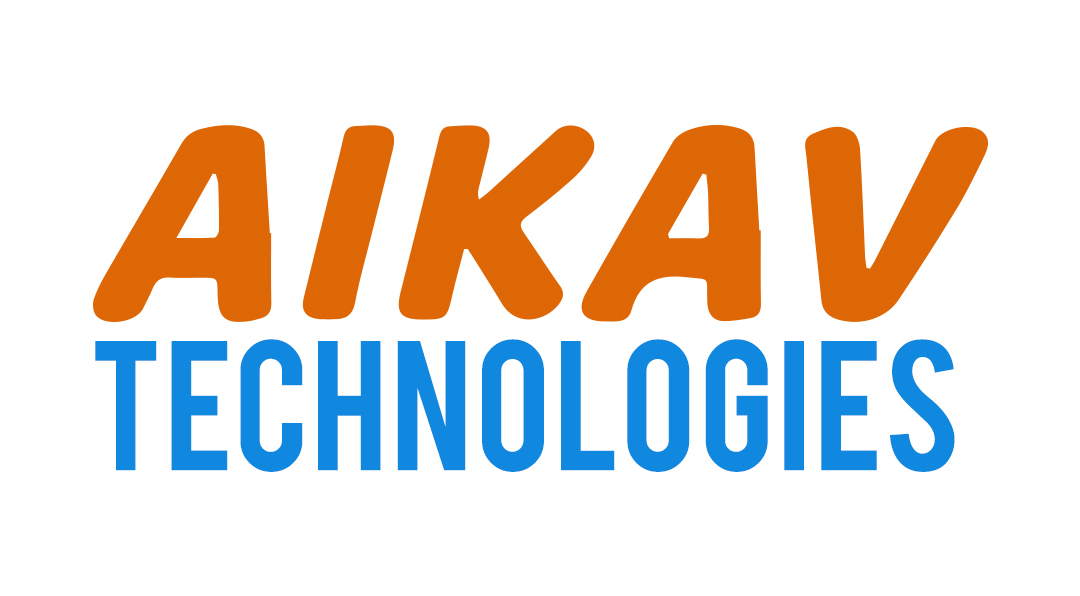AI is reshaping how we build and manage websites, and with Drupal 10, integrating tools like OpenAI (ChatGPT) is easier than ever. Whether you want to generate content, auto-summarize text, or create a chatbot experience, the OpenAI Drupal module is a powerful solution.
This guide walks you through the full setup of the OpenAI module in Drupal 10—from installation to usage.
✅ Requirements
Before starting, ensure you have:
Drupal 10 installed and running
Composer available
An OpenAI API key (sign up at https://platform.openai.com/)
Admin access to your Drupal site
🛠 Step 1: Install the OpenAI Module
Using Composer (recommended):
Then enable the module:
Or, use the Drupal Admin UI:
Go to Extend (
/admin/modules)Search for OpenAI
Check the box and click Install
🔑 Step 2: Get Your OpenAI API Key
Click Create new secret key
Copy and save your API key (you’ll need this soon)
⚙️ Step 3: Configure the Module
Visit the OpenAI config page:
or via:
Configuration → Web Services → OpenAI SettingsPaste your API key into the form.
Choose default settings:
Model:
gpt-4orgpt-3.5-turbo(depending on your usage and API access)Temperature: Controls randomness (0 = consistent, 1 = creative)
Max tokens: Length of response (e.g., 150–300)
Save configuration.
🧪 Step 4: Try It Out!
The OpenAI module provides text generation tools in the admin area or inline in node edit forms (if enabled):
Visit
/admin/contentEdit or create a node
If integrated with a text field (like body), you’ll see a button like "Generate with AI"
✅ You can also extend it using the module’s plugin system to create custom prompt buttons.
🧩 Optional: Add OpenAI to CKEditor 5
If you want to use AI directly inside CKEditor 5:
Go to Configuration → Content Authoring → Text formats and editors
Choose the editor format (e.g., Full HTML)
Enable the OpenAI button
Save and test in a node form
🔐 Security Tip
Do not expose your API key to public users.
Limit access to AI features using permissions.
Monitor usage and set quotas in OpenAI dashboard.
🧠 What Can You Do with This Module?
Generate blog post intros or full content
Suggest SEO descriptions or summaries
Rewrite user-submitted content
Translate content dynamically
Power chatbots or search enhancements
🧱 Extend It Further
Create custom AI prompt buttons using plugins
Use hook integrations to modify prompts based on context
Combine with other modules like Smart Content or Views for dynamic AI logic
🚀 Final Thoughts
Setting up the OpenAI module in Drupal 10 opens up a world of AI-powered automation and creativity. From improving content workflows to generating dynamic responses, you can supercharge your Drupal site in just a few steps.
